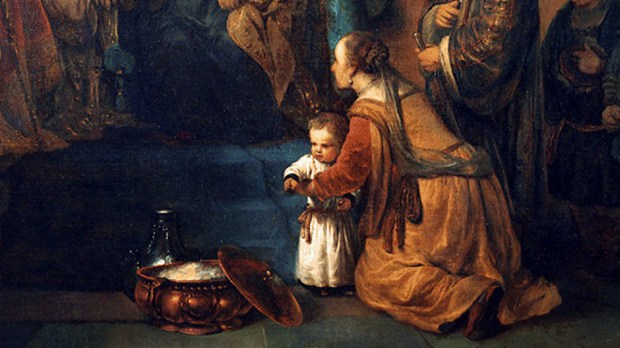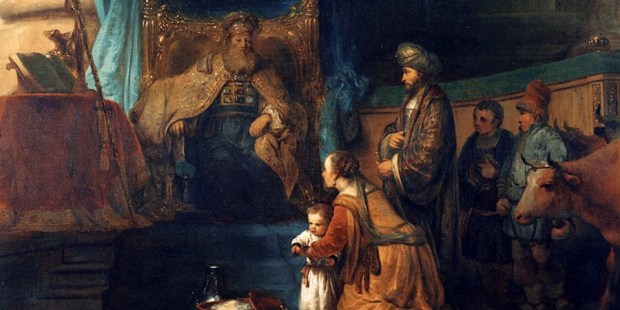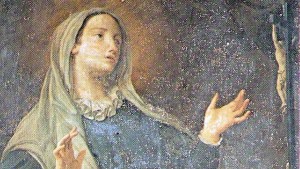A Byzantine nunnery dedicated to the biblical Hannah has been discovered in central Israel for the second time. Estimated to be at least 1500 years old, the convent was first accidentally discovered in 2002 when the army was building a road in the foothills east of Shoham. Now, a small area of the Horbat Hani site (also known by the Arabic local name of Buri El-Hanaya), located inside a military zone, had been unintentionally damaged by army activity, according to a press release from the Israel Antiquities Authority.
As Ruth Schuster explains, after some of the ruins were first accidentally discovered in 2002, archaeologists dug out an early Christian religious structure composed of a whole church and a convent. Mosaics found at the site, including dedicatory inscriptions to an abbess, made it clear this was a monastery that produced wine and olive oil and kept an inn for pilgrims. Nuns living in the buildings might have also hosted orphans among them: an underground burial complex kept the remains of women and children, but no men were buried there.
Based on the local name of Buri el Hanaya, archaeologists concluded the nunnery was dedicated to the biblical Hannah, the mother of prophet Samuel. Hannah appears in the first book of Samuel, as one of the two wives of Elkanah, the other being the fruitful Peninnah. The text presents Hannah as being mortified for being childless, and constantly mocked by Peninnah – “And her rival vexed her sore, to make her fret, because the Lord had shut up her womb” (1 Samuel 1:6). Rabbinical literature has ofttimes compared Hannah and Peninnah’s rivalry to those of Sarah and Hagar and of Rachel and Leah.
According to 1 Samuel 1, 24, Hannah vows that, if she has a son, she will dedicate him to the service of God and will never cut his hair:
And she did have a son, who would be Samuel: “And when she had weaned him, she took him up with her, with three bullocks, and one ephah of meal, and a bottle of wine, and brought him unto the house of the Lord in Shilo” (1 Samuel 1:24).
Schuster’s article for Haaretz explains that, according to Dr. Eitan Klein, an archaeologist working for the Israel Antiquities, the name of the local Arab village suggests the site has been traditionally considered Hannah’s burial place.
Make sure to visit the slideshow below to discover some remarkable women in the Bible!




